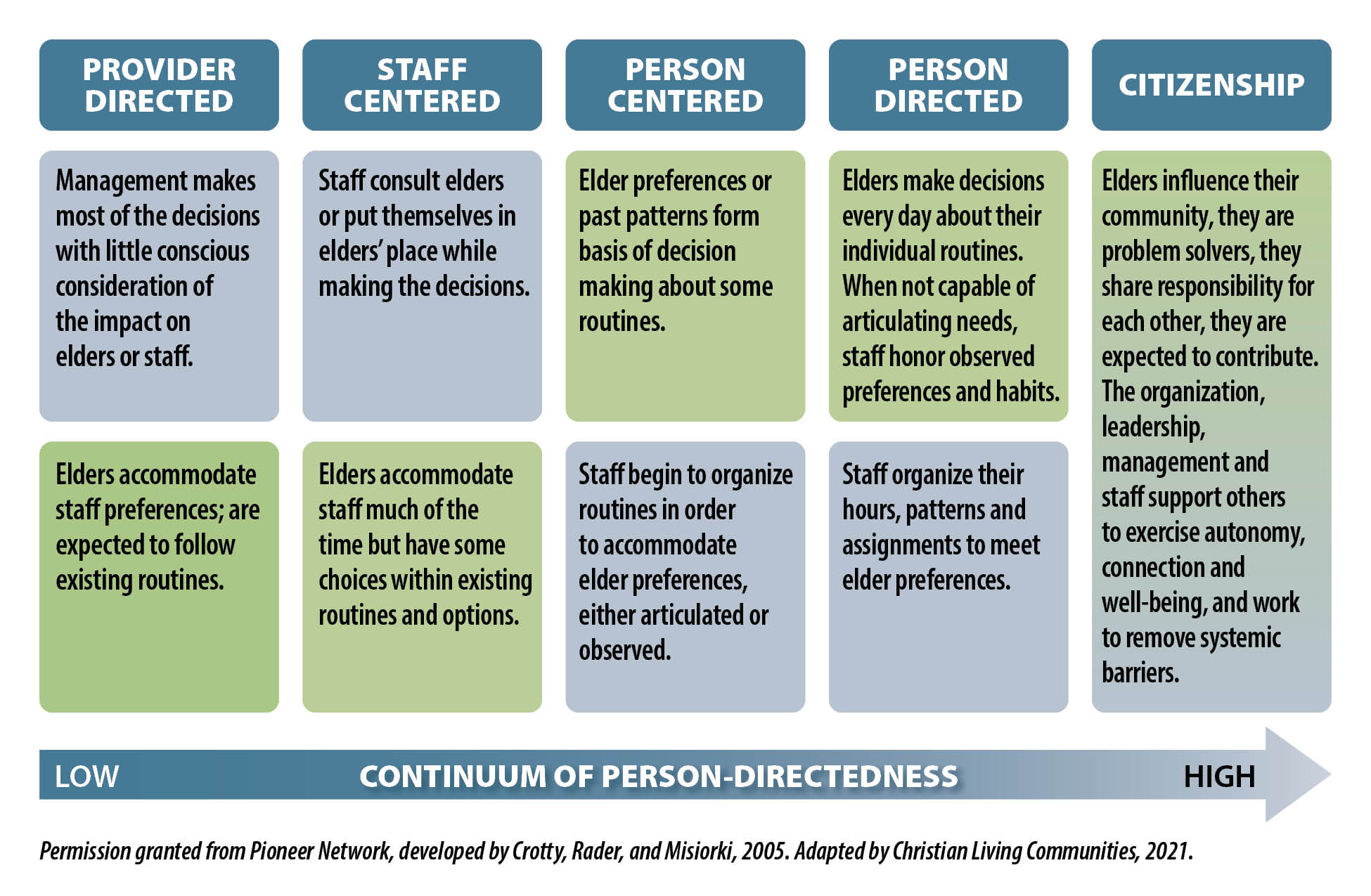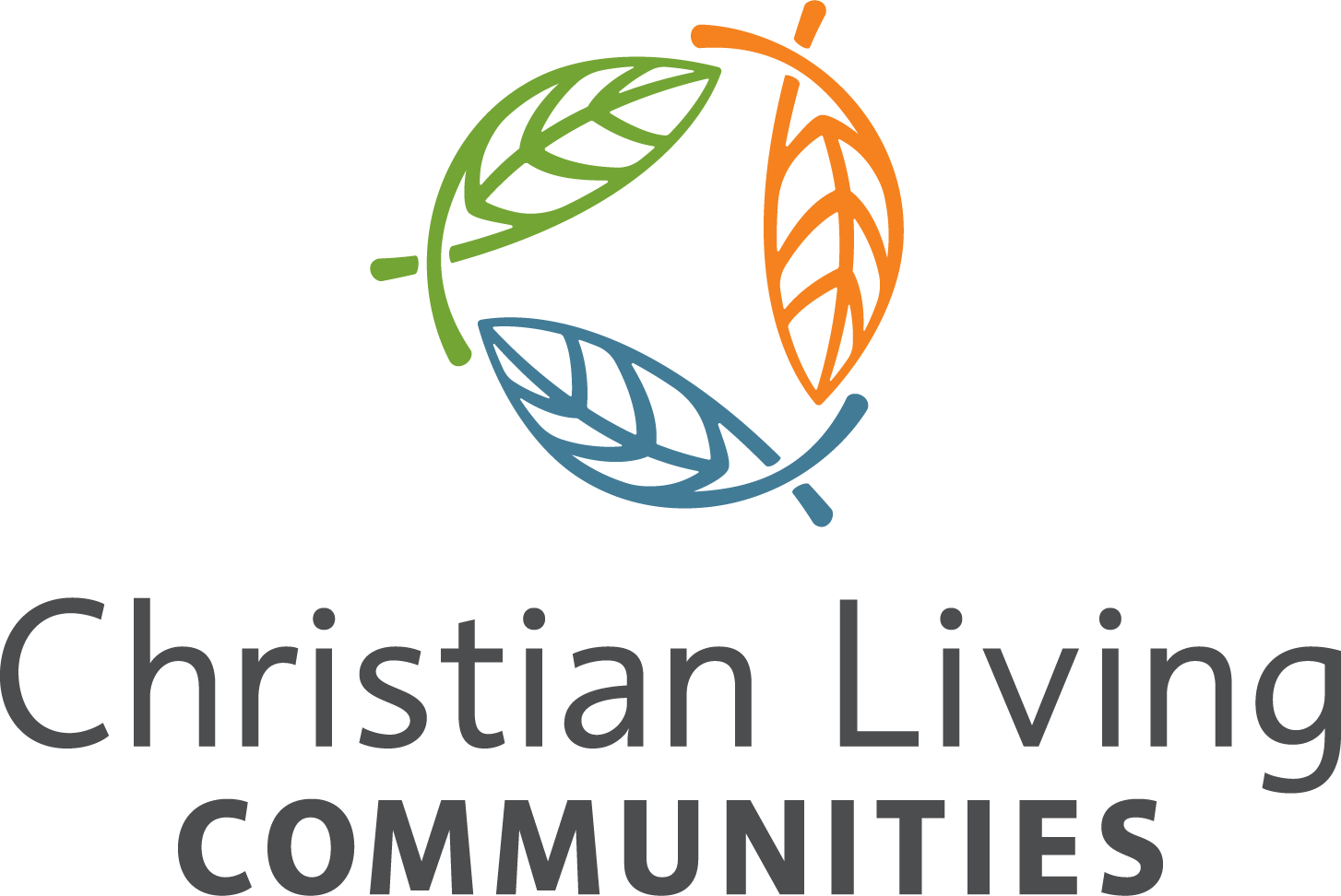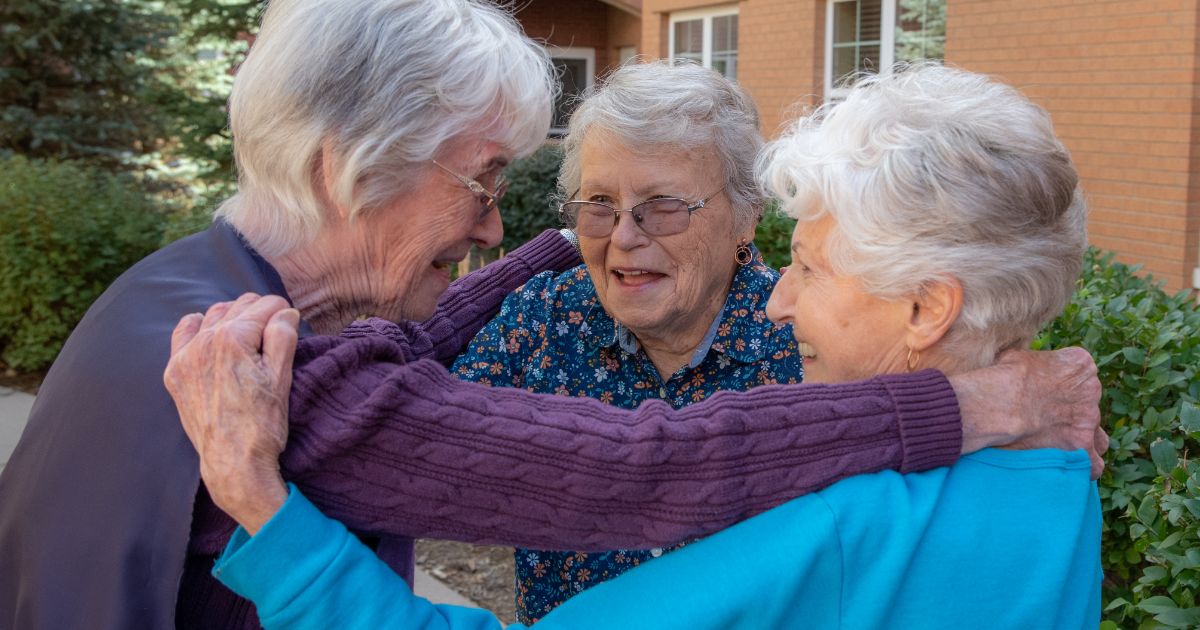The traditional approach in senior living is to view older people as customers or consumers of services. You can see that reflected in advertising promising a carefree life of leisure – kind of the resort or cruise ship approach. This approach is rooted in false and limiting beliefs of aging. That when we reach a certain age, we have nothing of value to give back to this world. That couldn’t be further from the truth.
At Christian Living Communities we are committed to combatting ageism and ableism. We believe changing the way things have been will start with what we call the CLC Citizenship Model of community living.
The CLC citizenship model is an age-positive, empowerment model rooted in the belief that each individual, at every age and level of abilities, has gifts and passions and talents and experience that can make the community stronger and better. That might be a formal role – such as resident leadership in committees – or it might be the small things that someone does – an act of kindness to support a neighbor.
This moves beyond person-directed care to elders having influence in their community and helping address issues in the community. Achieving community citizenship takes time, commitment, and an ability to dismantle traditional ways of providing senior living.
Here you will see a continuum of living experiences in a community. At CLC we like to put our own “twist” on things so with guidance from a valued resident, we made a few tweaks to the original model.

It’s important to keep in mind that every year we’re alive, we gain experiences and knowledge. We have so much to give as we age! And the evidence is clear… to live a long and healthy life we need a role to play, meaningful purpose in our lives, we need to belong and have influence. In short, we need community and we need to be active members of our community – we need to be citizens!
Citizenship at CLC is about each of us having an active role to play, not focused on just our own independence but interdependence. Knowing that we need each other and taking responsibility for not just ourselves but for others.
You may be thinking, this all sounds great, but how do I start a culture-shift like this? Our best advice to get started is to begin asking questions.
One of our communities, Clermont Park, a Life Plan community in south Denver, asks each new resident and team member, “What gifts would you like to share with your community? What passions do you have, how do you want to contribute and grow?” These simple questions uncover all types of opportunities to build citizenship within your community.
The results are amazing. To see more about Clermont Park’s journey, watch their I Am Video.
You can also ask these questions with residents and team members who are already in your community. It is never too late to get to know who is in your community – you can do this during meetings, host a learning circle, or send out a survey. The key is what you do with the information you gather once you have it.
Residents, team members, family members, and our vendor partners are all citizens who, together, weave a beautiful and vibrant tapestry of living.
We believe this approach will revolutionize aging services, moving beyond traditional cultures that focus on a declinist view of aging to purpose-filled cultures of shared responsibility, to citizenship.
On Tuesday, May 9, Jill Vitale-Aussem, President & CEO of CLC, hosted a Facebook Live event with guests Maddy Chapman, Associate Executive Director at Holly Creek, and Andrew Sharp, Community Life Director at Clermont Park, exploring what citizenship is, discussing how it can revolutionize aging services, and sharing the evidence-based results that this approach really works. Watch the event recording.


